Green Process Engineering Laboratory
About | People | Equipment | Location
About
Green Process Engineering Laboratory (GPEL) at Memorial University provides expertise and facilities to carry out research on the development of eco-friendly functional materials and their applications in the detection, removal and degradation of water contaminants. By using renewable feedstock and green solvents, functional materials (e.g. carbon quantum dots-based fluorescent sensors, porous biopolymer-based adsorbents, and nanocarbon modified TiO2 etc.) fabricated in GPEL are biocompatible and biodegradable in nature, without any negative environmental impacts.
Research facility in GPEL also enables the design and development of novel separation and reaction processes in converting biomass/residues into bioenergy and other value-added products.
The research activities at GPEL are
- Preparation of porous biopolymer-based composites for environmental and biomedical applications
- Carbon quantum dots-based fluorescent sensors for the detection of heavy metal ions and organic pollutants
- Carbon-modified semiconductors for photocatalytic degradation of water contaminants
- Bioethanol production from lignocellulosic biomass
People
- Dr. Yan Zhang
- Adsorption and separation
- polymer composites
- wastewater treatment
- Dr. Yahui Zhang
- Mineral Processing
- Hydrometallurgy
- Chemistry of Materials
- Dr Kelly Hawboldt
- Green Processing of Natural Resources
- Biofuels
- Natural Gas Processing
Equipment
The GPEL is equipped with a variety of devices and instrumentation for the development of eco-friendly functional materials, green separation and reaction processes with applications in biofuel production, detection and remediation of water contaminants.
Various instruments including advanced protocol oven, tube furnace, centrifuge, rotary evaporator, laboratory ultrasound, FTIR spectrometer and UV-Vis spectrophotometer are available for the synthesis and characterization of porous biopolymer-based adsorbents, carbon quantum dots based composites, and carbon-modified semiconductor photocatalyst.
300w Xenon light source and refrigerated/heating circulator are mainly used for photocatalytic degradation and remediation of water contaminants. A laboratory-built flash chromatographic system and a standard HPLC system (UltiMate™ 3000) can be used for the purification and analysis of reaction products.
Analytical Instruments
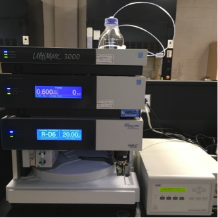
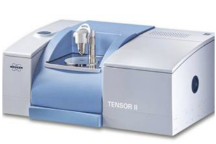
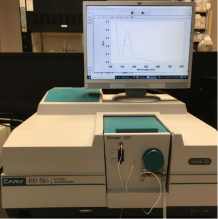
Other Laboratory Instruments
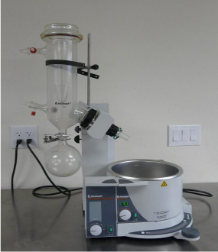
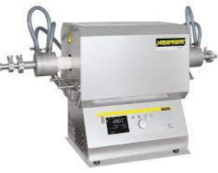
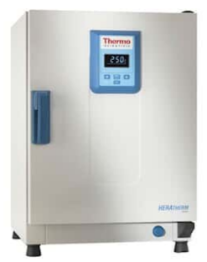
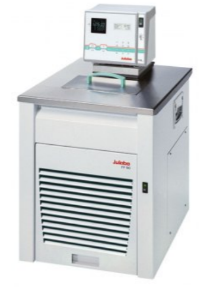
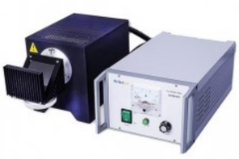
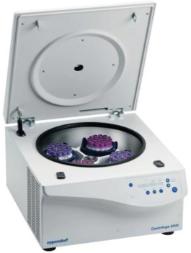
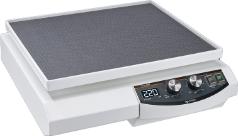
Location
IIC-1028J
Bruneau Centre for Innvoation
Memorial University of Newfoundland
St. John's, NL